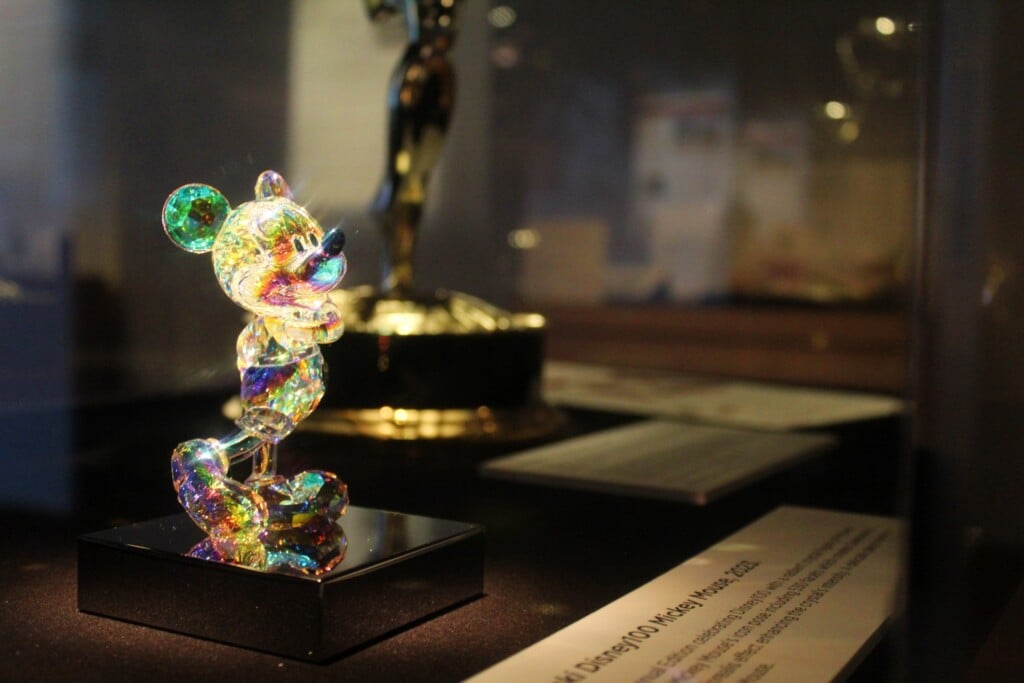Torture Chamber
When Lawrence’s E.M.U. Theatre began mounting shows in 2000, it was as if the troupe were daring audiences to like it. “We’re hoping some people will be so offended, they leave,” company member Trevor Rudor told me back when they were preparing to debut a show called Futurism Restated. Another company member told me that the actors had been inspired by philosophers and artists who, in the 1910s and ’20s, created a school of theater called futurism: “The audience, if they’re clapping, it’s because they’ve witnessed it. But if they’re throwing things, that means they’ve felt it.”
And I certainly felt it, sitting through E.M.U.’s most recent offering. Over the past few years, I’ve written several previews for productions that looked promising on paper, and I’ve admired the company’s commitment to provocative topics. However, a recent evening of two one-acts left me feeling too much like the title of the first show.
Self Torture & Strenuous Exercise opens on three people finishing up a dinner party. Alvin (Ben Sutherland) is a prissy Felix Unger type with a shrike of a wife named Bethany (Blake Bolan) and a friend, Carl (Jeff Sorrels), whose assets seem to be limited to the fact that he’s a famous writer. Harry Kondoleon’s play is full of odd passages, but one of the strangest finds Bethany immobile and stuck to the floor after it’s revealed that she and Carl are having an affair. Alvin appears more chagrined by the fact that the guests haven’t had dessert.
Earlier hints about the wobbly mental condition of Carl’s wife, Adel (Rachel Sorrels), are confirmed by her entrance. Her wrists are wrapped in matching bracelets of unraveling gauze, attesting to both a failed suicide attempt and zero fashion sense. She’s as needy as an abandoned infant and about as charming as a snapping turtle.
Gwethalyn Williams’ direction is feeble; actors rush and mumble their lines. Watching the lack of comic timing was like witnessing a train wreck in slow motion. In one striking example of ineptitude, Bolan’s Bethany blurts, “I … hope … your … book … doesn’t … sell.” She seems to be counting the beats between the words rather than paying attention to how her character might really try to insult Carl. Conveniently, a contrasting and superior way of delivering a sentence full of pauses shows up in the second half when a character’s “You … make … my … brain … red” sounds like a threat.
By the time the play concludes, Beth confesses that she’s really in love with Adel. But the revelation is much ado about nothing, thanks to the completely disastrous work of all the principals involved. They can all have each other, frankly.
Strangely and wonderfully, though, the first hour’s wretchedness is countered by the success of the second. Futz was written in the mid-1960s by Rochelle Owens, though the way this New York-based writer pummels rural America, it could have been written last month. Equal parts fairy tale and Greek tragedy, it’s about a twangy farmer, Cyrus Futz (Andrew Stowers), who is in love with his prized sow, Amanda. It’s a bizarre story, but it deftly proposes that no one has the right to question anyone’s choice of partner.
The pig is, of course, not present. Nor are props or a set, but everything is quite visible, thanks to the excited, descriptive storytelling of the narrator (Ron Willis, who also directs). Many of the 13 actors are so well-cast that they could propel the play without a word of dialogue. Among those circling the poor, misunderstood Futz are a gingham-wearing neighborhood tramp, Majorie (Laura Rose); her yokel brother, Ned (an intense, magnetic Kevin Siess); and her loony mother, perfectly rendered in one brief scene by Marie Willis. Also weirdly riveting is Joel Reavis as a dimwitted death-row inmate named Oscar Loop, who was spurred to commit homicide after seeing Futz fornicating with Amanda.
The play seesaws between the muddy hillbilly town where Futz lives and the prison he eventually inhabits. Both places vibrate with a sense of doom, which demonstrates the dexterity of Willis’ direction. Given the lack of sets or props, he marvelously sets the mood using just a group of actors totally plugged into what they’re intended to communicate. Of Willis’ consistently interesting choices, I was especially taken with a tableaux of the Pieta staged by the prisoner Oscar Loop and his mother, and a death scene that unfolds in a way that immobilizes the audience and then makes it gasp with horror.
The company gives Futz everything it needs and deserves, proving that, at times, it can create something like art. Which doesn’t entirely compensate for that fetid first half. There’s also a willy-nilly looseness to the company’s production values that could easily be mistaken for the work of rank amateurs, such as the actors’ entrances from side doors with the lights up. (Granted, the performance space is a basement.) And what was the deal with the two men sitting front and center distractingly snapping pictures through the whole production? I’d suggest that any future compulsion to capture the company’s work be conducted at a dress rehearsal.




